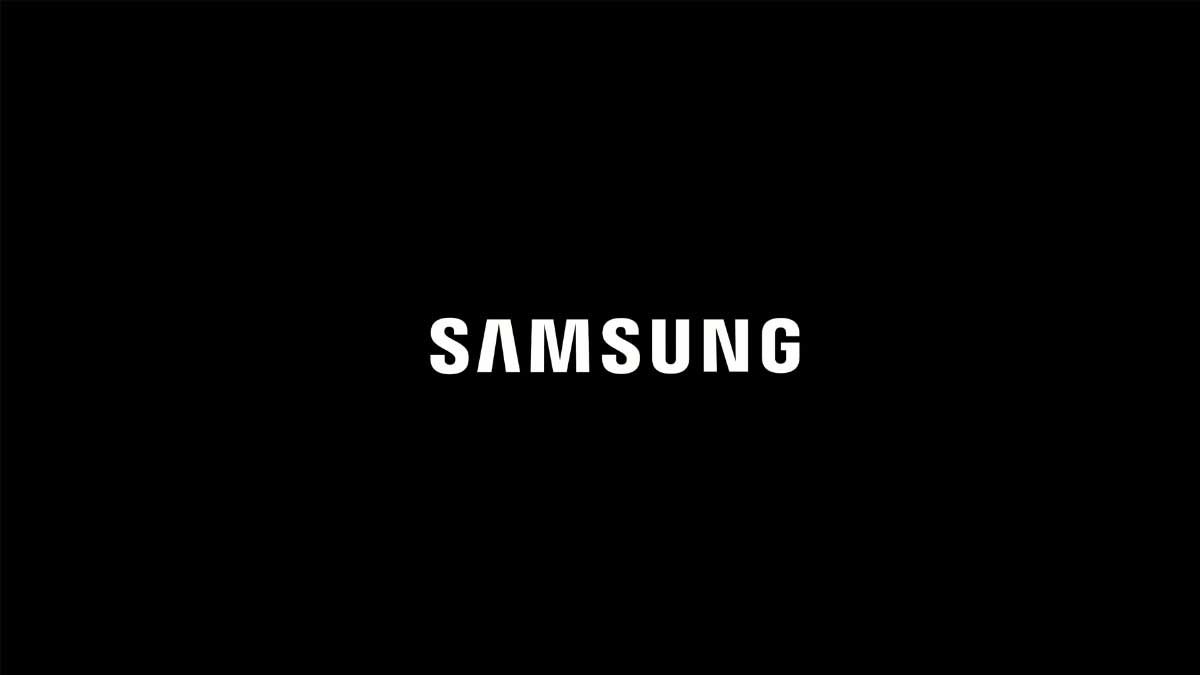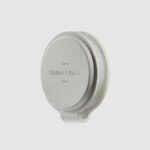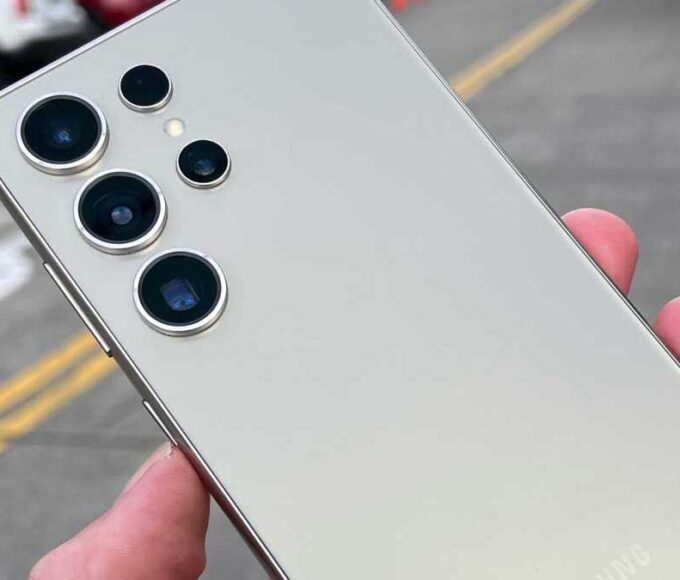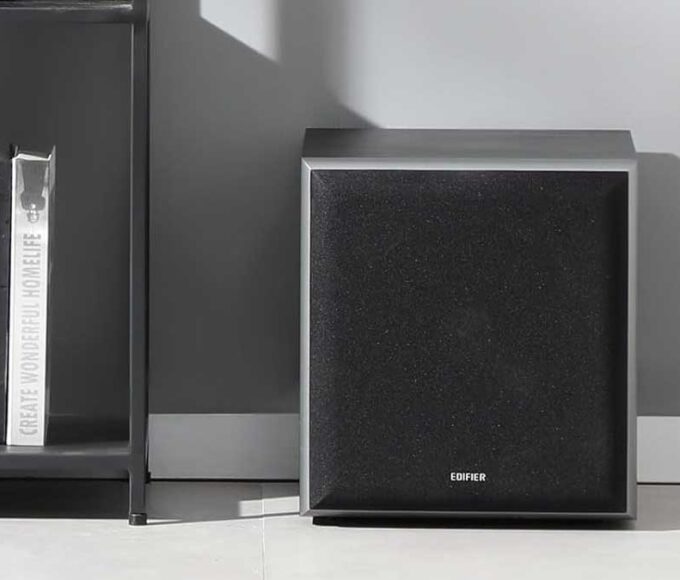- Home
- Billionaires
- Investing Newsletters
- 193CC 1000
- Article Layout 2
- Article Layout 3
- Article Layout 4
- Article Layout 5
- Article Layout 6
- Article Layout 7
- Article Layout 8
- Article Layout 9
- Article Layout 10
- Article Layout 11
- Article Layout 12
- Article Layout 13
- Article Layout 14
- Article Sidebar
- Post Format
- pages
- Archive Layouts
- Post Gallery
- Post Video Background
- Post Review
- Sponsored Post
- Leadership
- Business
- Money
- Small Business
- Innovation
- Shop
Recent Posts
Samsung Unveils Passkey, Ending Passwords for Smart Devices

At the 10th anniversary of the Samsung Developer Conference (SDC24), Samsung unveiled a groundbreaking shift in its approach to security, signaling the impending death of passwords. The event, held on October 4 in San Jose, California, dropped a surprise announcement that may mark the beginning of a new era for user authentication: Samsung’s Passkey system will be integrated into its smart TVs, refrigerators, and other home appliances by 2025. This revelation may not have come with much fanfare, but its implications are profound, moving us closer to a password-free future in our everyday lives.
Developer conferences often fail to generate excitement outside the tech community, primarily due to their technical nature and focus on software updates. However, for journalists and tech enthusiasts alike, these events can offer unexpected news. Samsung’s SDC24, a celebration of the company’s decade-long innovations, was no exception. While much of the conference focused on the standard rhetoric of technological advancement and AI innovation, it was a press release buried deep within the proceedings that delivered the most significant announcement: Samsung Passkey is coming to a broader range of devices, including smart home appliances.
Samsung has been steadily advancing its Passkey technology as a replacement for traditional passwords. This system, which utilizes cryptographic keys to authenticate users, aims to improve security by eliminating the need for vulnerable, easily-hacked passwords. With the growing threat of data breaches and cyberattacks, Samsung’s move away from passwords and toward passkeys aligns with an industry-wide push for stronger, more user-friendly authentication methods. At the SDC24, Samsung announced that Passkey would soon be integrated into its Tizen operating system, beginning with 2025 smart TV models. The system will also be extended to the AI Family Hub™ refrigerator and other home appliances, promising a more seamless and secure experience for users across multiple devices. This integration of Passkey into everyday appliances represents a significant shift in how we think about security, taking it beyond smartphones, tablets, and computers, and embedding it into the fabric of smart homes.
The demise of passwords has long been predicted, with tech companies seeking alternatives that offer both greater security and ease of use. Apple and Google have been leading the charge in this area for years. Apple’s Passwords app allows users to manage passkeys across multiple devices, while Google has enforced stricter password rules and promoted the adoption of passkeys for enhanced security. Now, Samsung has joined the movement, accelerating the trend toward password-free authentication in the smart home ecosystem. By embracing passkeys, Samsung is addressing one of the most persistent vulnerabilities in the digital world: weak or reused passwords. Passkeys offer a more secure alternative because they rely on public-key cryptography rather than knowledge-based credentials. With Samsung’s Passkey system, users will be able to log in to websites and apps without needing to remember complex passwords. Instead, a cryptographic key stored on the user’s device will be used to authenticate their identity.
The SDC24 press release may have buried the headline under paragraphs of corporate speak, but the announcement regarding Samsung Passkey is a clear indication of where the company is headed. Samsung envisions a future where the devices in your home work together seamlessly, with enhanced security features that do not compromise user privacy. The company’s Knox Matrix, a blockchain-based security solution, is part of this vision. Knox Matrix is designed to protect devices in a multi-device environment, ensuring that sensitive information is safeguarded even as users interact with a growing number of connected devices. Samsung’s integration of Passkey with Knox Matrix adds another layer of security, enabling users to authenticate themselves across multiple devices without the need for passwords. Whether they are logging into a smart TV, accessing personal information on a refrigerator, or managing other home appliances, users can do so with confidence that their data is protected. This emphasis on security governance, as mentioned in the conference, is crucial in a world where AI is becoming increasingly integrated into our daily lives.
While Samsung’s move to expand Passkey beyond smartphones and tablets may come as a surprise, it is a logical progression given the current landscape of smart home technology. As more devices in the home become connected to the internet, the need for secure, convenient authentication methods becomes more pressing. Samsung’s Passkey system allows for this, providing a unified security solution that spans a wide range of devices, from TVs to refrigerators. This expansion also marks a significant departure from the traditional approach to security, which has historically focused on computers and mobile devices. By bringing Passkey to smart home appliances, Samsung is demonstrating its commitment to making security an integral part of the smart home experience. No longer will users have to rely on weak passwords to protect their devices. Instead, they will benefit from a more secure, user-friendly system that offers enhanced protection against cyber threats.
Samsung’s announcement is part of a broader industry trend toward eliminating passwords. With Apple, Google, and now Samsung all pushing for the adoption of passkeys, it seems that the days of passwords are numbered. This shift reflects a growing recognition that passwords are no longer sufficient to protect user data in an increasingly connected world. Passkeys, on the other hand, offer a more robust solution that can be easily integrated into a wide range of devices. The move toward password-free authentication is also part of a larger effort to improve the overall user experience. By eliminating the need for passwords, companies like Samsung are making it easier for users to interact with their devices without compromising security. This focus on convenience and security is critical as the number of connected devices in the average home continues to grow.
Samsung’s decision to bring Passkey to its smart TVs, refrigerators, and home appliances is a welcome surprise in the fight against password fatigue and cyber threats. By integrating this technology into everyday devices, Samsung is setting the stage for a future where passwords are no longer a part of our daily routines. While the announcement may have been buried in the details of the SDC24 press release, its significance cannot be overstated. As more companies follow suit, the password may finally become a thing of the past, replaced by more secure and user-friendly methods of authentication.
Recent Posts
Categories
- 193cc Digital Assets2
- 5G1
- Aerospace & Defense48
- AI37
- Arts3
- Banking & Insurance11
- Big Data3
- Billionaires563
- Boats & Planes1
- Business332
- Careers13
- Cars & Bikes79
- CEO Network1
- CFO Network17
- CHRO Network1
- CIO Network1
- Cloud10
- CMO Network18
- Commercial Real Estate7
- Consultant1
- Consumer Tech194
- CxO1
- Cybersecurity73
- Dining1
- Diversity, Equity & Inclusion4
- Education7
- Energy8
- Enterprise Tech29
- Events11
- Fintech1
- Food & Drink2
- Franchises1
- Freelance1
- Future Of Work2
- Games148
- GIG1
- Healthcare79
- Hollywood & Entertainment203
- Houses1
- Innovation45
- Investing2
- Investing Newsletters4
- Leadership65
- Lifestyle11
- Manufacturing1
- Markets20
- Media195
- Mobile phone1
- Money13
- Personal Finance2
- Policy569
- Real Estate1
- Research6
- Retail1
- Retirement1
- Small Business1
- SportsMoney41
- Style & Beauty1
- Success Income1
- Taxes2
- Travel10
- Uncategorized9
- Vices1
- Watches & Jewelry2
- world's billionaires531
Related Articles
Samsung Galaxy S25 Ultra: What to Expect from the 2025 Flagship
In January 2024, Samsung unveiled the Galaxy S24 Ultra flagship at its...
By 193cc Agency CouncilJanuary 1, 2025Vivo Unveils Plans for Vision Pro Competitor Headset in 2025
While Apple’s Vision Pro has yet to achieve blockbuster success, Vivo, a...
By 193cc Agency CouncilDecember 31, 2024Amazon Offers Rare Discount on iPhone 16 Models
Amazon is offering a rare opportunity for Apple enthusiasts to score a...
By 193cc Agency CouncilDecember 31, 2024Edifier T5 Subwoofer: Affordable Bass Boost for Your Audio System
If you’ve ever wished for more bass from your speakers, you’re not...
By 193cc Agency CouncilDecember 31, 2024















Leave a comment